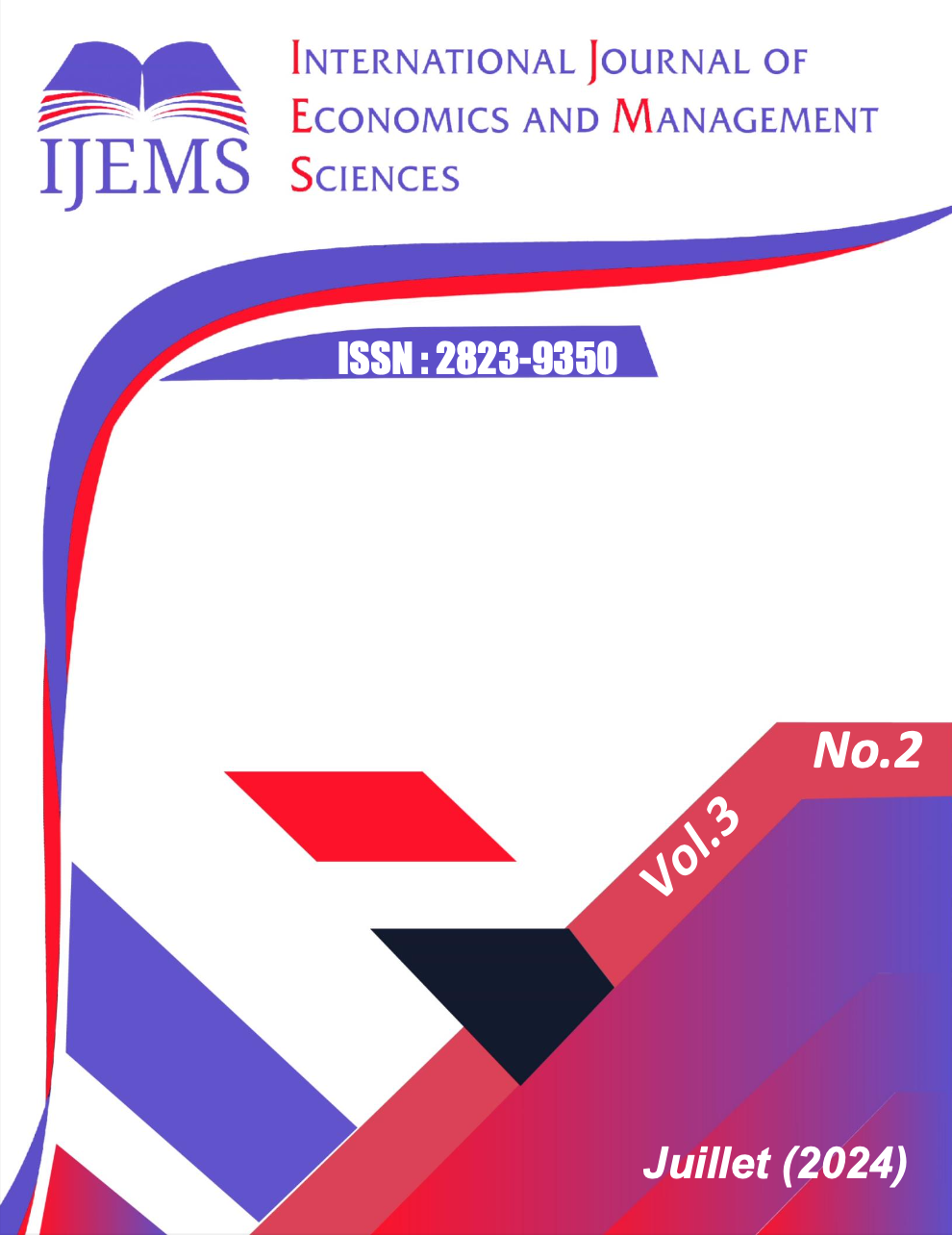EFFECTS AND PERCEPTION OF POPULATIONS RELATED TO THE DISCONTINUATION OF IRS ON THE EPIDEMIOLOGY OF MALARIA AMONG CHILDREN UNDER FIVE YEARS OF AGE IN EKPE IN BENIN
Keywords:
Ekpè, effects of stopping, indoor spraying, malaria epidemiology, children under 5 years oldAbstract
The present work aims to study the effects of stopping IRS campaigns on the epidemiology of malaria in children under five years old in Ekpè, in 2011. This is a cross-sectional, descriptive and analytical study having included 232 mothers or caregivers. The methodology revolves around the data used, materials, data collection tools and techniques. Then methods of processing and analyzing the results made it possible to obtain results.
In 2007 (pre-IRS period), the monthly average of malaria cases was 180, between 2008 and 2010 (IRS period), the monthly average of malaria in children under five increased to 170. This which reflects a slight decrease in malaria cases. In 2011, the year of our study, the monthly average of malaria was 181. It therefore experienced a small increase. From these results, it appears that stopping IRS caused a slight increase in the malaria rate. Indoor spraying, one year after its cessation, has no significant effect on the epidemiology of malaria in children under five years of age in the Ekpè district.


















